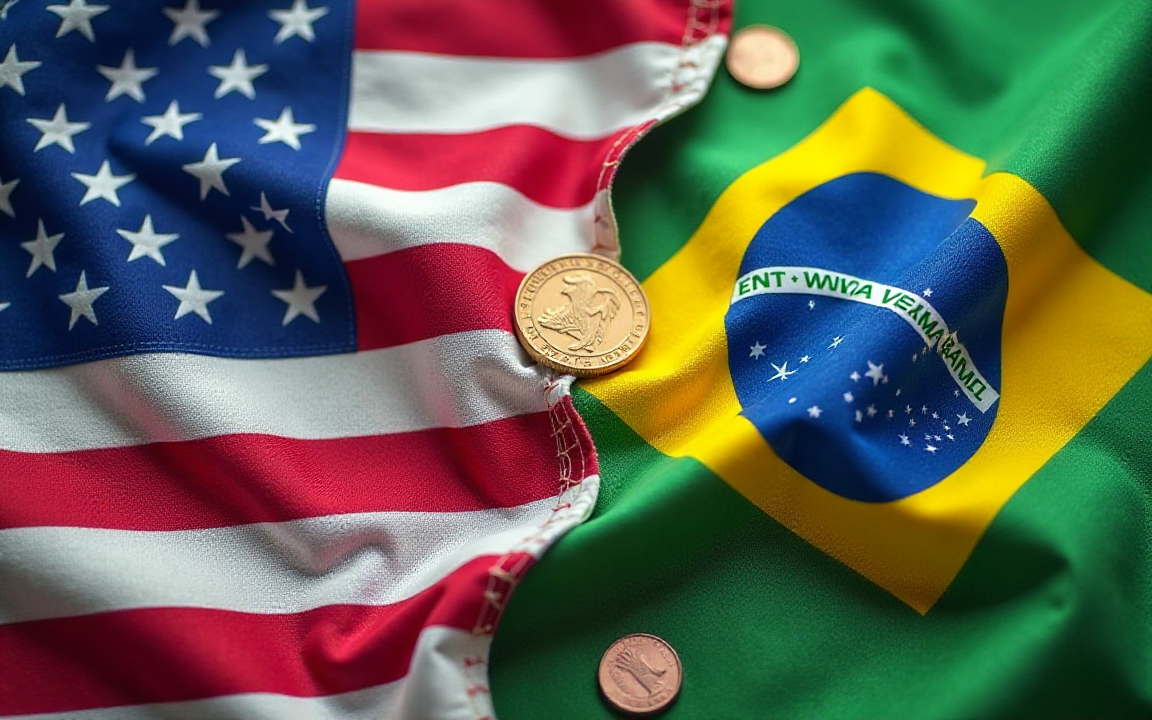Brazilian banks have received a notification from the US Treasury Department inquiring about measures taken under the Magnitsky Law, as per a Reuters report.
The move comes just over a month after Washington imposed financial sanctions on Supreme Court Justice Alexandre de Moraes.
The request was made through the Treasury’s Office of Foreign Assets Control (OFAC), which asked banks what actions had been taken—or are planned—to comply with the sanctions framework.
The development was first reported by Folha de S.Paulo on Wednesday and later confirmed by Reuters.
According to Folha, the notification was sent to financial institutions the previous day.
Banco do Brasil, Bradesco, Itaú Unibanco, Santander Brasil and BTG Pactual received the communication, which was described as ‘something generic,’ citing the Magnitsky Act in pretext, and asking what measures were being taken or considered, respectively, according to the source.
Sanctions against Moraes
In late July, the US government applied the Magnitsky Act to Justice Alexandre de Moraes, accusing him of ordering arbitrary arrests and curbing free expression.
Moraes serves as the reporting judge in proceedings against former President Jair Bolsonaro, who is suspected of plotting a coup after losing the 2022 election.
The sanctions freeze Moraes’ assets in the United States and bar American entities from conducting business with him.
In parallel, US President Donald Trump’s administration revoked Moraes’ visa and imposed a 50% tariff on Brazilian exports, citing the Bolsonaro case as justification.
Trump publicly denounced the proceedings against Bolsonaro as a “witch hunt.”
Trial of Bolsonaro and political backdrop
OFAC had issued a tentative notification about a month earlier, just before the opening session of the STF’s First Chamber trial of Bolsonaro and seven others accused of attempting a coup d’état after the 2022 elections.
On Tuesday, Moraes stated that the court would act impartially and dismissed what he described as efforts to “impugn the independence of the judiciary or bring it under the yoke of a foreign nation” while reading his report on the case.
The trial carries wide-reaching implications, including the possibility of Bolsonaro’s arrest, a scenario that could reshape Brazil’s political landscape.
The simultaneous legal scrutiny of the former president and international sanctions against Moraes have created a combustible mix, intensifying strains between Brasília and Washington while once again placing Brazil’s financial system under close watch.
Navigating a complex landscape
The combination of US sanctions, STF rulings, and high-stakes political cases emphasises the complexities of compliance for Brazilian financial institutions.
While OFAC’s investigation was portrayed as routine and generic, the larger backdrop emphasises the difficulties of combining domestic judicial power with international regulatory objectives.
For the time being, Brazil’s top lenders remain silent, raising worries about how they would manage the demands of the US Treasury while remaining inside the confines of domestic law.
As Moraes continues to preside over Bolsonaro’s trial, and the STF asserts supremacy over the administration of international regulations, the conflict between Washington’s sanctions regime and Brazil’s court appears to be far from ended.
The post US Treasury questions Brazilian banks on Magnitsky Act compliance appeared first on Invezz

